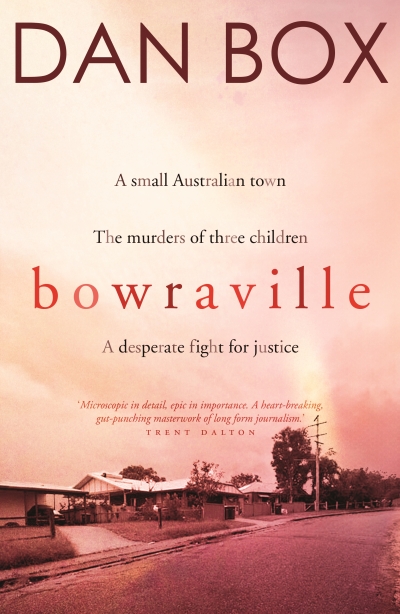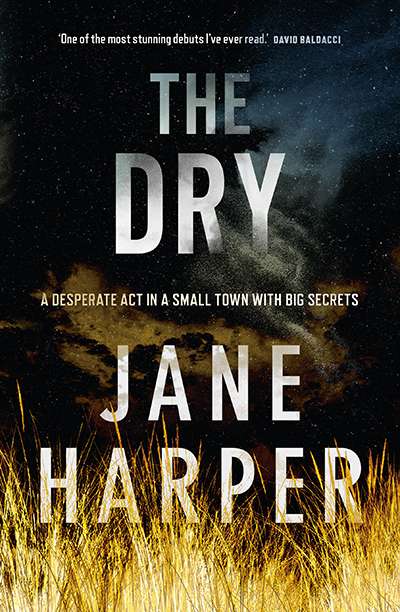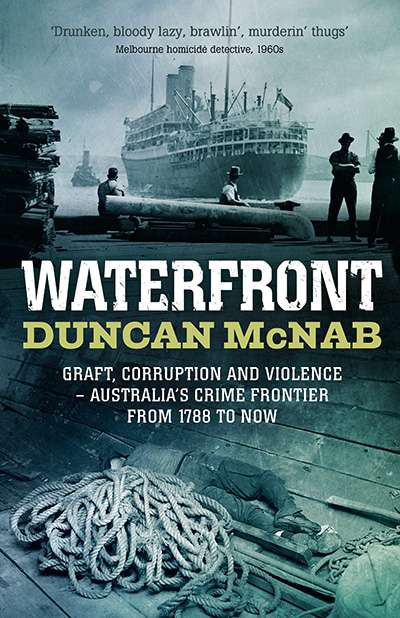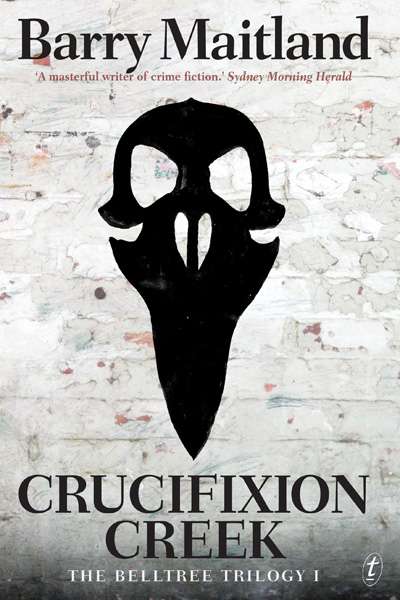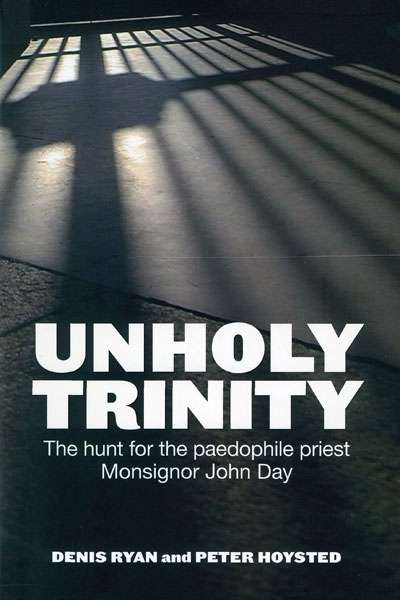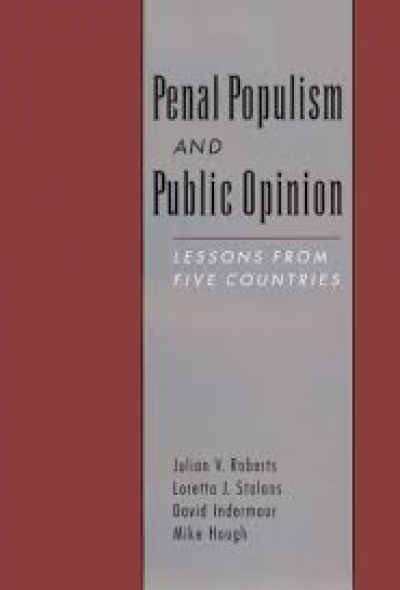Crime
Waterfront: Graft, Corruption and Violence: Australia’s Crime Frontier From 1788 to Now by Duncan McNab
by Simon Caterson •
Unholy Trinity: The Hunt for the Paedophile Priest Monsignor John Day by Denis Ryan and Peter Hoysted
by Ray Cassin •
Penal Populism and Public Opinion: Lessons from five countries by Julian V. Roberts, Loretta J. Stalans, David Indemaur, and Mike Hough
by Russell Hogg •

